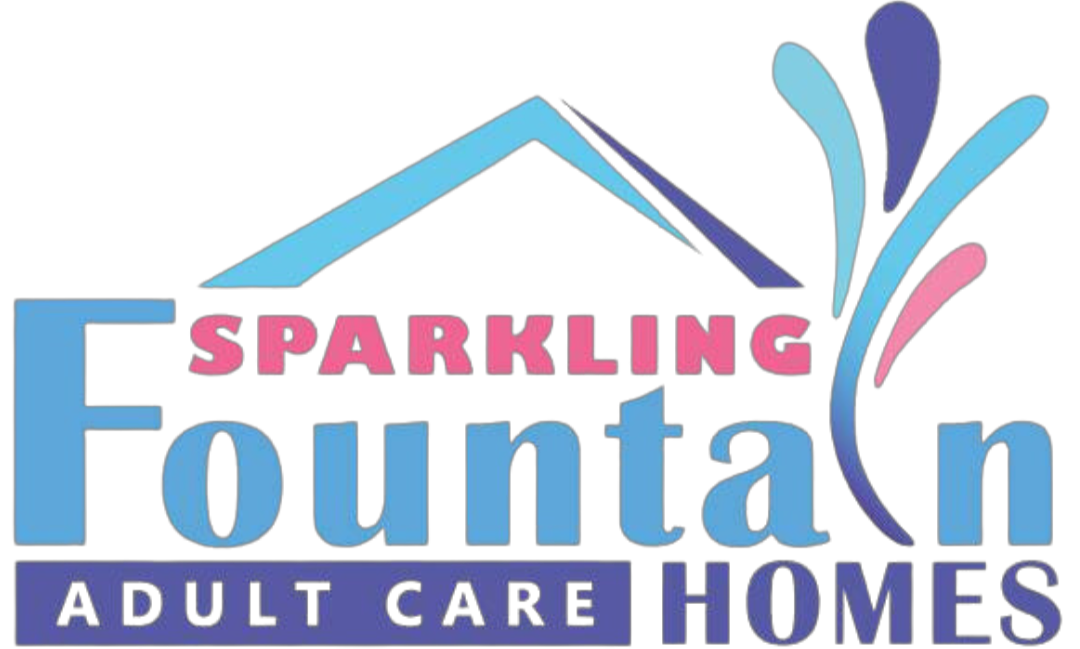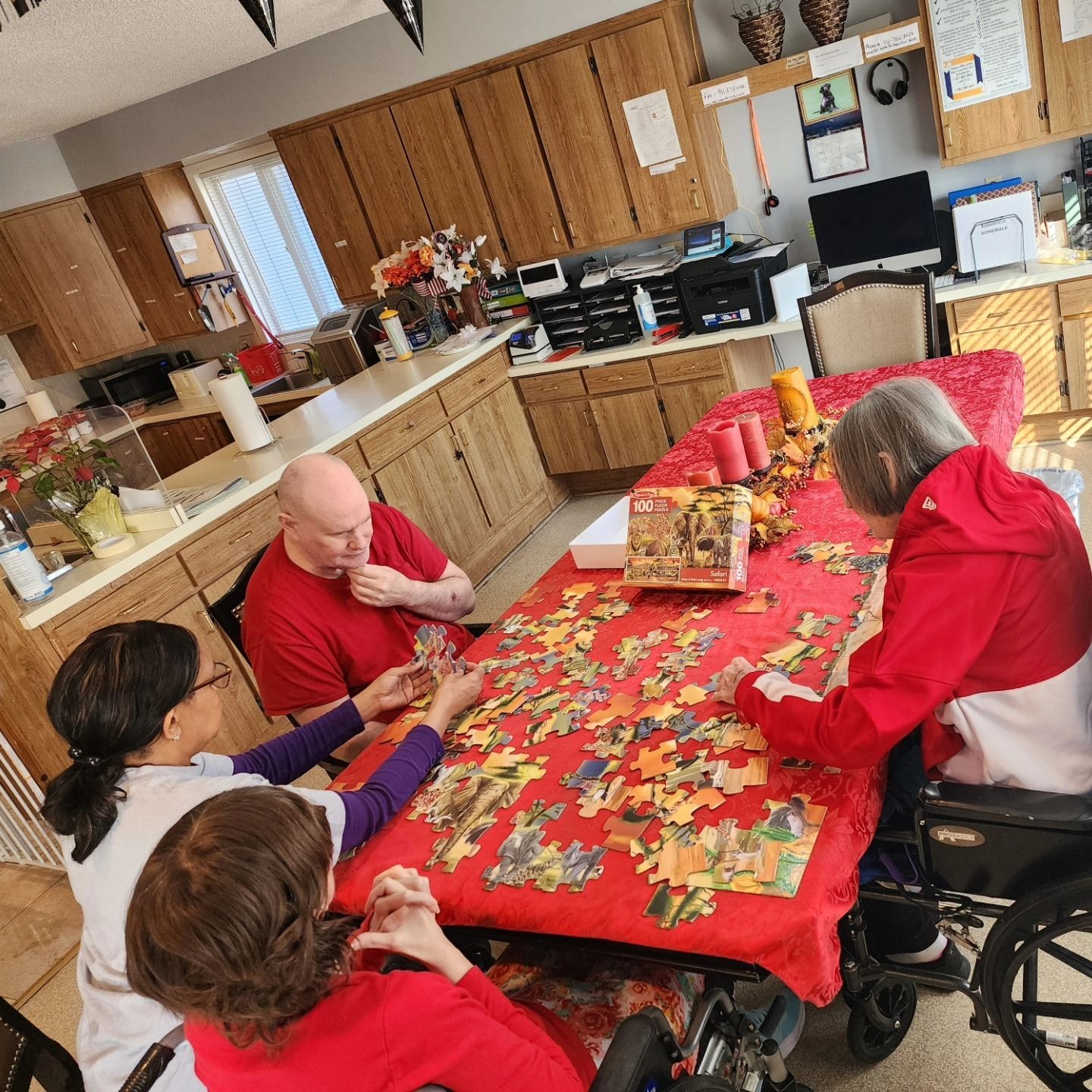Are Assisted Living Fees Tax Deductible?
September 13, 2024
As families navigate the complexities of finding the right care for their loved ones, one of the questions that often arises is whether assisted living fees are tax-deductible. Some medical expenses are tax deductible if they meet specific IRS guidelines.
With the rising costs of care, understanding potential tax benefits can help ease the financial burden. In this blog, we'll explore the IRS guidelines on medical expenses, explain what assisted living costs are deductible, and how families can claim these deductions.
Understanding Assisted Living Costs
Assisted living fees can cover a wide range of services and care. Typically, these fees include housing, meals, assistance with daily activities, and access to medical services when needed. Depending on the level of care required, these costs can vary greatly. Families often look for ways to offset these expenses, and tax deductions can offer some relief if the right conditions are met.
IRS Guidelines on Medical Expenses
According to the IRS, certain medical expenses are deductible if they meet specific criteria. Medical expenses are defined as payments for the diagnosis, cure, mitigation, treatment, or prevention of disease, or payments for treatments affecting any part or function of the body. The good news is that some of the services provided in an assisted living facility may qualify as medical care under these guidelines, making portions of your assisted living fees tax-deductible.
What Assisted Living Expenses Are Tax Deductible?
Medical Care
The IRS allows deductions for medical care expenses incurred in assisted living facilities. These typically include personal care services such as assistance with bathing, dressing, eating, and mobility, as well as ongoing medical treatments provided at the facility. For families whose loved ones require ongoing support for these activities, a portion of their assisted living costs may qualify for tax relief.
Prescription Medications and Treatments
Prescription medications and treatments prescribed by a doctor are usually tax-deductible as medical expenses. This also applies to any specialized treatments or therapies required by the individual in the assisted living setting.
Long-Term Care Insurance Premiums
If the resident has long-term care insurance, the premiums paid may also be deductible. However, the deduction amount is subject to certain limitations based on the policyholder's age and the type of coverage.
Requirements for Deducting Assisted Living Expenses
To qualify for a tax deduction, the individual must be classified as "chronically ill" by the IRS. This means the person is unable to perform at least two activities of daily living (ADLs), such as eating, bathing, or dressing, without assistance. Alternatively, they may require substantial supervision due to a cognitive impairment, such as dementia or Alzheimer's disease.
Additionally, a doctor must certify that the resident requires long-term care, and this care must be part of a plan prescribed by a licensed health care practitioner. If these conditions are met, many of the medical-related services provided in an assisted living facility can be considered deductible medical expenses.
How to Claim Assisted Living Deductions
To claim these deductions, families need to itemize their medical expenses on their tax return using Schedule A (Form 1040). It's important to note that only the portion of medical expenses that exceeds 7.5% of your adjusted gross income (AGI) can be deducted.
For example, if your AGI is $50,000, any medical expenses above $3,750 would be deductible. Keeping detailed records of all payments made to the assisted living facility and maintaining proper documentation, such as the care plan prescribed by a doctor, is essential when claiming these deductions.
Consult a Tax Professional
Given the complexities of tax deductions for assisted living fees, it’s highly recommended that you consult with a tax professional. Each individual’s situation is unique, and a professional can help determine which expenses qualify for deductions and ensure all necessary paperwork is completed correctly.
Ready to Explore Personalized Care Options?
Contact Us Today!
While the cost of assisted living can be significant, understanding the tax deductions available can provide some financial relief. By taking advantage of deductions for medical-related expenses, families can help reduce the overall burden of care costs. At Sparkling Fountain Homes, we understand the challenges families face when transitioning a loved one into assisted living, and we're here to offer support every step of the way.
Contact Sparkling Fountain Homes today to learn more about our personalized care services and how we can assist you in providing a safe and comfortable environment for your loved ones. Reach out to us in Overland Park, KS, and schedule a consultation to explore our offerings.












